20250524 – A New Era of AI: From Breakthroughs to Practical Applications
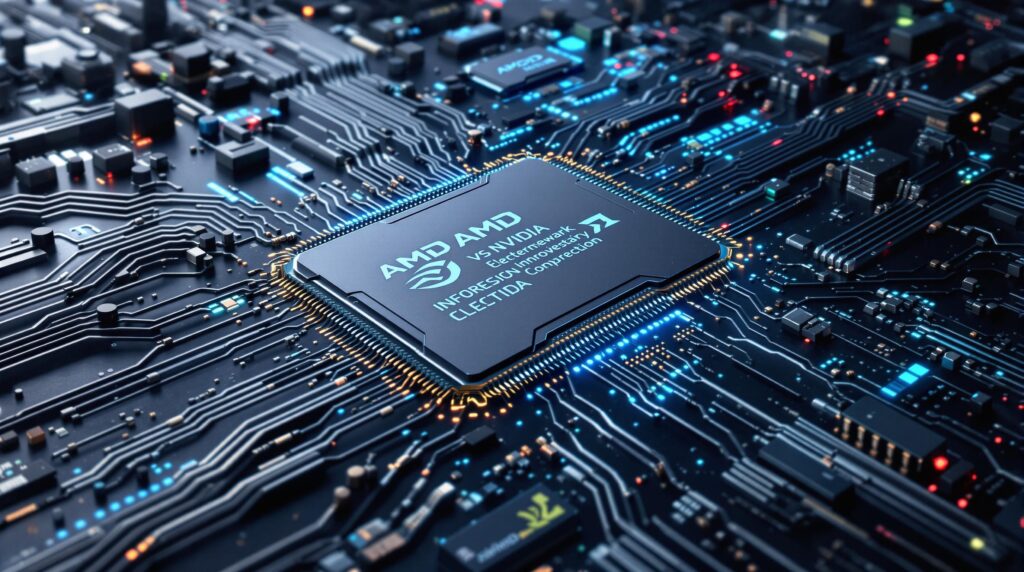
Explore groundbreaking insights from recent AI advancements, from Google DeepMind’s vision of AI’s future to the cost-performance dynamics in GPU technology by AMD vs NVIDIA. Discover the evolving roles of AI agents, massive leaps in Google’s AI capabilities, and Intercom’s strategic AI integration. Dive in to understand the transformative potential these innovations hold across industries and what this means for our AI-driven future.
1. Google DeepMind C.E.O. Demis Hassabis on Living in an A.I. Future | EP 137
The text discusses the mixed reactions to Google’s announcements at Google IO, highlighting that while Google’s internal atmosphere was positive, external reactions, including a slight drop in stock price, indicated skepticism from Wall Street. It also touches on the challenges Google faces in monetizing AI advancements and integrating them into existing products, as well as the broader implications of AI developments for Google’s future business strategies. Additionally, the text includes a conversation with Demis Hassabis, CEO of Google DeepMind, about AI advancements, the potential of AGI, and the balance between research and product development, emphasizing the importance of both incremental improvements and potential breakthroughs in AI technology.
Read more: https://youtube.com/watch?v=KUzuQpMdQZo
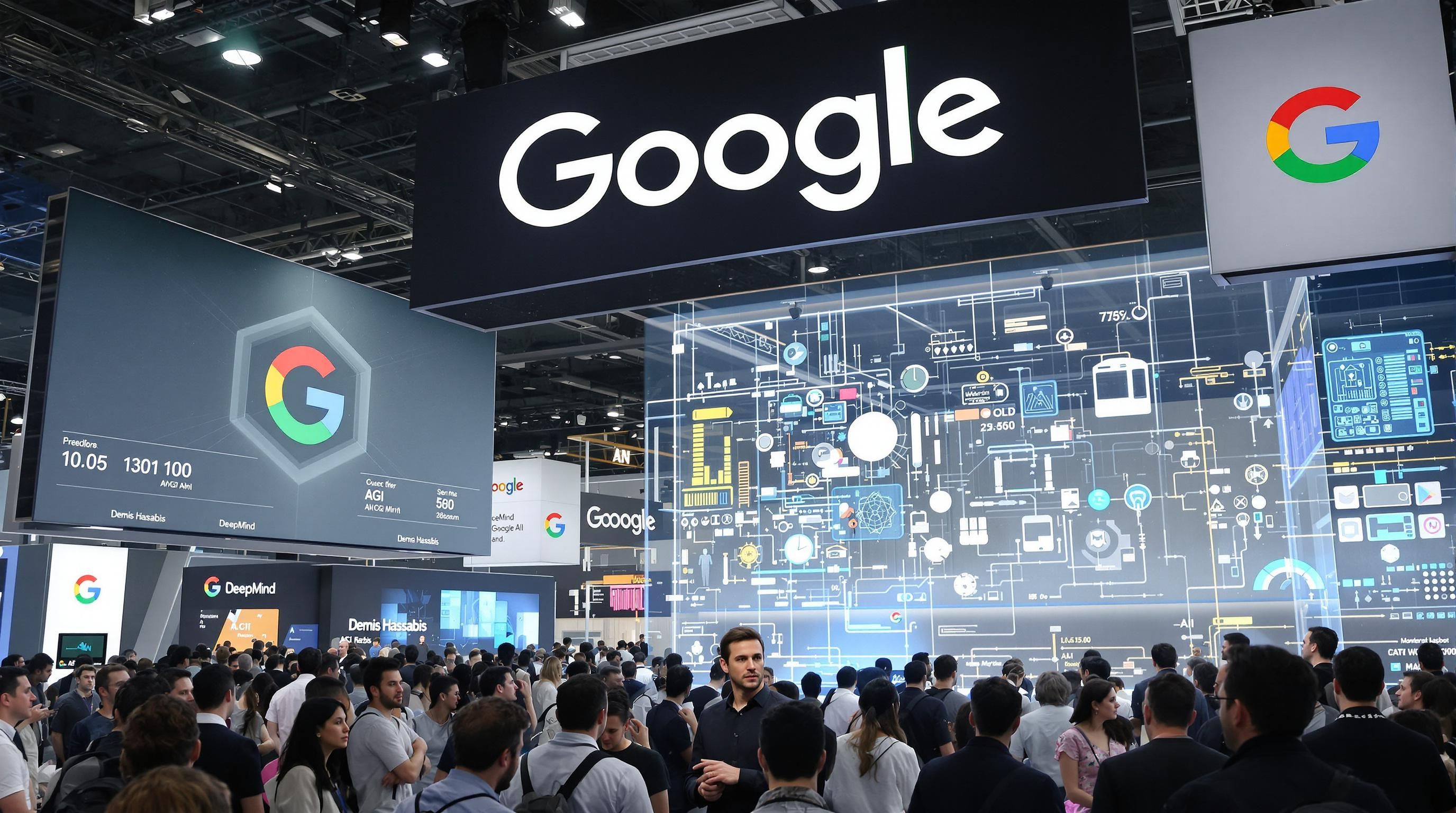
2. What If We Had Bigger Brains? Imagining Minds beyond Ours
The text discusses the limitations of brain-like systems in handling complex computations, suggesting that a multiway system with branching and merging experiences could offer a more advanced architecture. It explores the potential for larger brains or AI systems to handle more complex sensory inputs and abstract concepts, emphasizing that while bigger brains might track more details, they are still limited by computational irreducibility. The text also considers the role of abstraction in human thought, suggesting that while larger brains could navigate more complex networks of abstraction, the fundamental nature of abstraction remains consistent, with potential for new insights and analogies across different knowledge domains.
Read more: https://writings.stephenwolfram.com/2025/05/what-if-we-had-bigger-brains-imagining-minds-beyond-ours/

3. What Is an AI Agent?
In a recent episode of the AI + a16z podcast, experts Guido Appenzeller, Matt Bornstein, and Yoko Li discuss the concept of AI agents, which is currently a hot topic in the field. They explore whether AI agents are merely sophisticated interfaces for large language models, tools capable of reasoning and acting, or just a new term for existing technology. The episode aims to provide insights for those building, investing, or trying to understand the excitement surrounding AI agents.
Read more: https://a16z.simplecast.com/episodes/what-is-an-agent-feed-drop-draft-rUfBhuji

4. AMD vs NVIDIA Inference Benchmark: Who Wins? – Performance & Cost Per Million Tokens
The analysis compares the performance and cost-effectiveness of AMD and NVIDIA GPUs in serving large dense models, highlighting that AMD’s MI325X and MI300X generally outperform NVIDIA’s H100 and H200 in terms of throughput and cost per million tokens, especially at higher latencies. However, the H200 with TensorRT LLM consistently offers superior performance, making it the most cost-efficient option despite its higher price. The rental market for AMD GPUs is limited, leading to higher rental costs compared to NVIDIA, which explains why AMD GPUs are less commonly used outside of large hyperscalers who purchase hardware outright.
Read more: https://semianalysis.com/2025/05/23/amd-vs-nvidia-inference-benchmark-who-wins-performance-cost-per-million-tokens/
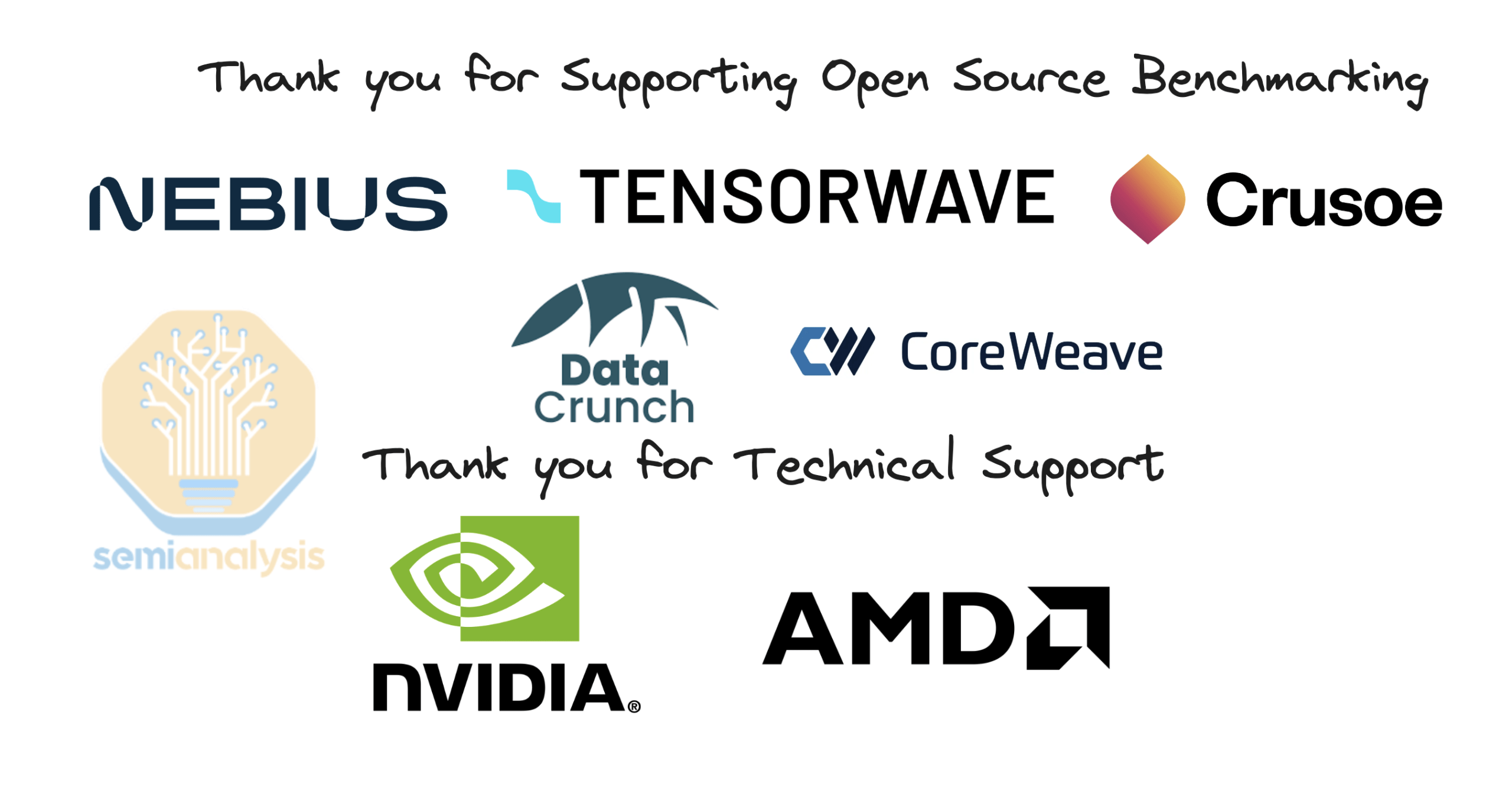
5. Google Takes No Prisoners Amid Torrent of AI Announcements
Google recently unveiled a series of significant AI advancements, including Veo 3, Gemini 2.5 Flash, and a Universal Assistant, among others. These innovations promise to enhance AI performance, accessibility, and application, with features like real-time conversation, improved pricing models, and advanced language processing. Additionally, Google introduced tools like the SynthID Detector and GemmaVerse, which aim to expand AI’s capabilities in areas such as image detection and sign language translation.
Read more: https://youtube.com/watch?v=F4Y-bCZNQcA
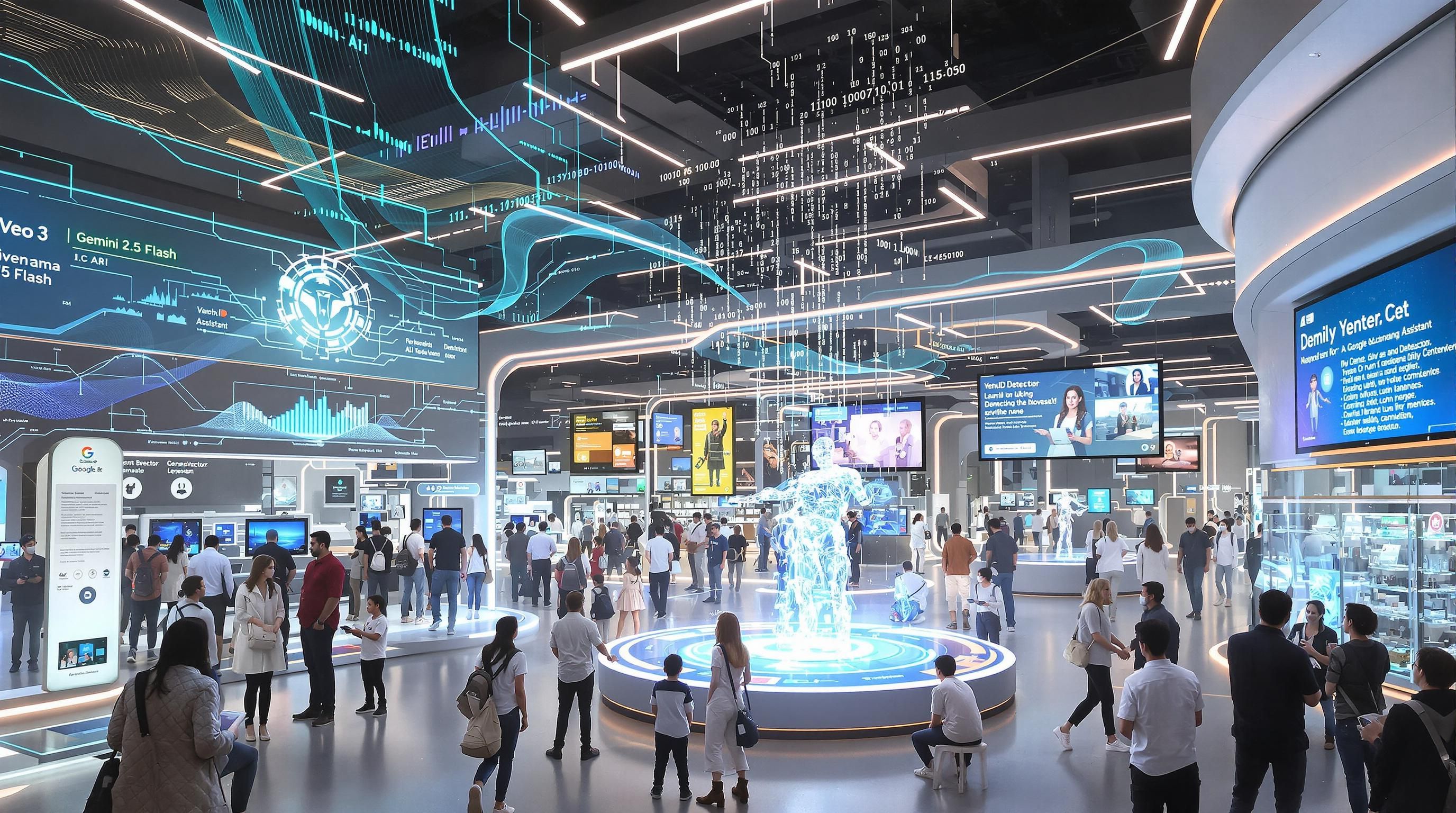
6. Intercom’s decisive bet on AI
Intercom, a well-known software company, has been a pioneer in adopting AI and an outcome-based pricing model, launching these innovations in early 2023, well ahead of its competitors. Their AI agent, Fin, has significantly improved its resolution rate from 25% to 56% and now generates tens of millions in revenue. Intercom’s approach emphasizes the importance of educating customers on evaluating AI products, focusing on quality over quantity of features, and aligning pricing with business outcomes.
Read more: https://www.growthunhinged.com/p/intercoms-bet-on-ai
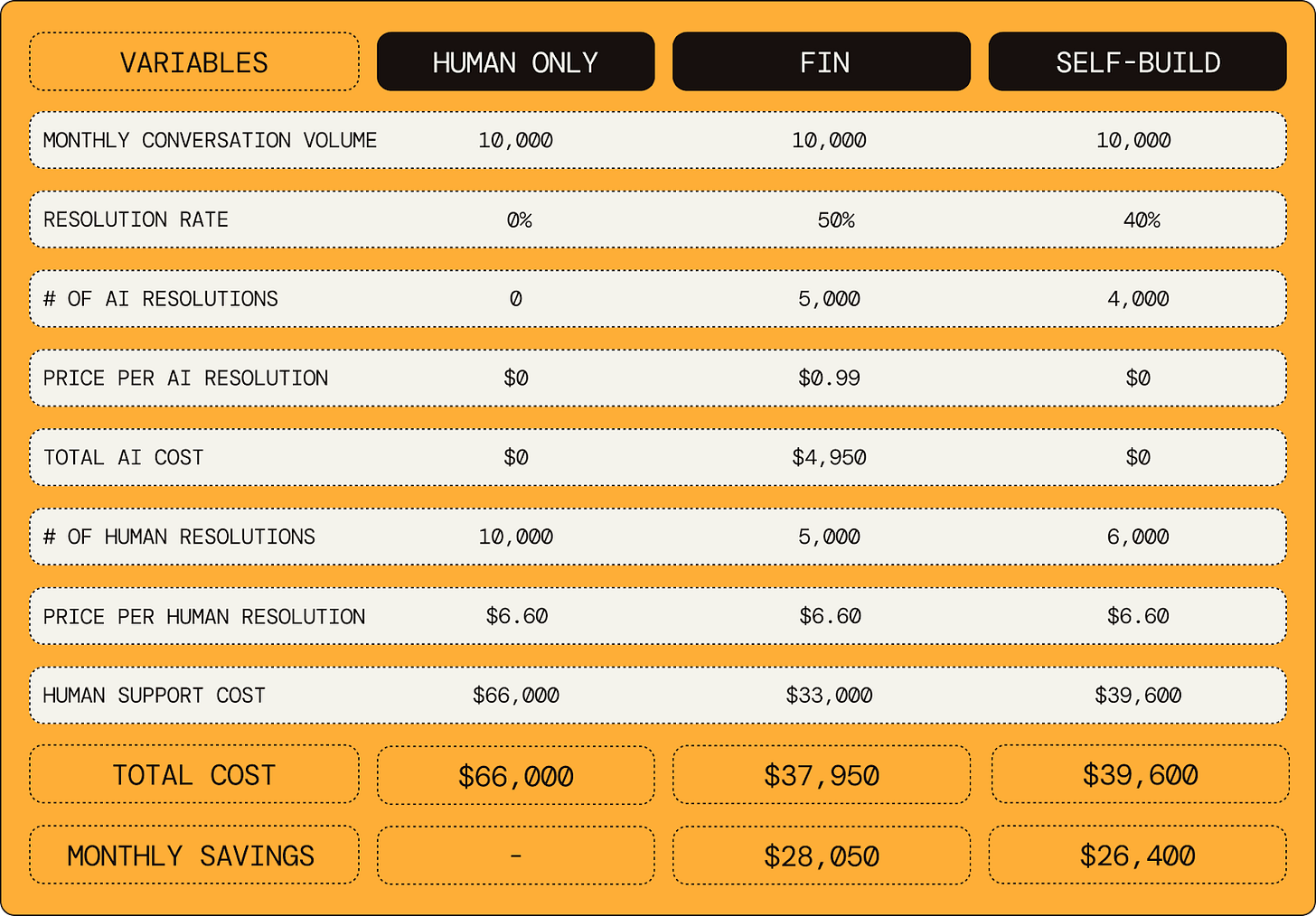
That’s all for today’s Curated AI-Native Blogs and Podcasts. Join us at AI Native Foundation Membership Dashboard for the latest insights on AI Native, or follow our linkedin account at AI Native Foundation and our twitter account at AINativeF.